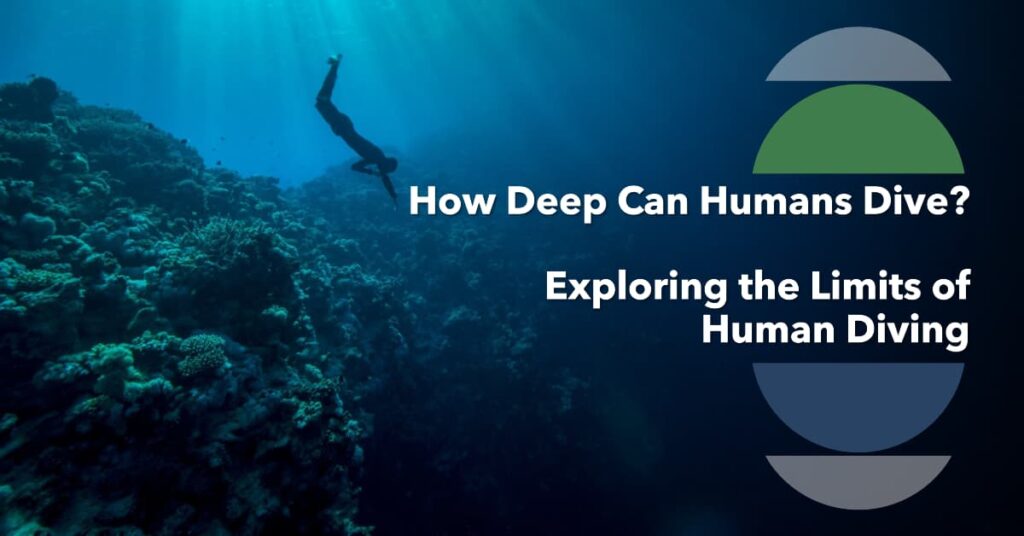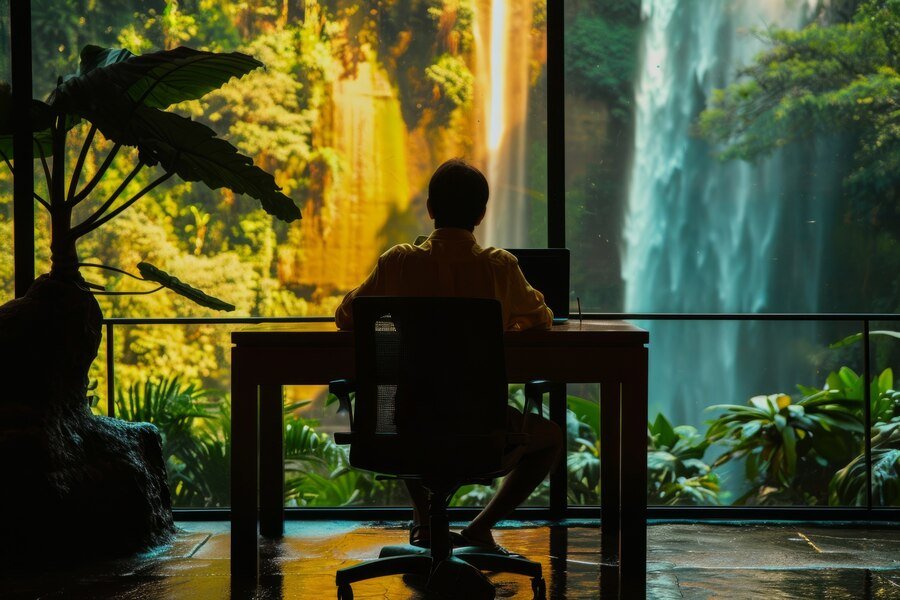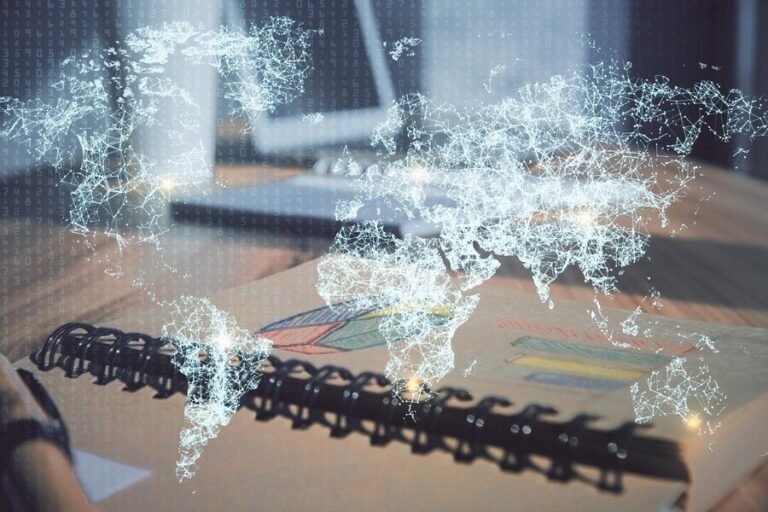Let’s face it—human nature is a wild ride. We’re all caught up in this intricate web of desires, fears, and moral dilemmas. When it comes to exploring the complex world of sinful deeds, we’re diving headfirst into some seriously thought-provoking territory. From ancient texts to modern-day psychology, the concept of sin has been dissected, debated, and redefined countless times. So buckle up, because this is one journey that’s gonna make you question everything you thought you knew about what it means to be human.
Picture this: you’re sitting in a quiet room, scrolling through social media, when suddenly you stumble upon a story about someone making a questionable choice. Maybe it’s a high-profile scandal, or maybe it’s just an everyday situation that hits close to home. Either way, it gets you thinking—what drives people to do things they know are wrong? And more importantly, why does it feel so irresistibly fascinating?
This isn’t just about religion or morality anymore. It’s about understanding the human psyche, the societal pressures we face, and the gray areas that exist between right and wrong. So whether you’re here out of curiosity, a desire for self-reflection, or simply because you love a good intellectual challenge, you’re in the right place. Let’s unravel the mysteries of sinful deeds together—and maybe, just maybe, we’ll learn a thing or two about ourselves along the way.
Read also:Ben 10 Sultry Summer A Comprehensive Overview
What Are Sinful Deeds, Really?
Before we dive deep into the rabbit hole, let’s break down the basics. Sinful deeds are actions or behaviors that go against established moral or ethical standards. But here’s the twist—they’re not always black and white. What might be considered a sin in one culture could be perfectly acceptable in another. It’s like trying to solve a puzzle where the pieces keep shifting depending on who’s looking at them.
In religious contexts, sinful deeds often refer to actions that defy divine laws. Think about the classic Seven Deadly Sins: pride, greed, lust, envy, gluttony, wrath, and sloth. These have been around for centuries, serving as a moral compass for many. But as society evolves, so do our definitions of what constitutes a sin. For instance, things like lying or stealing might still carry a stigma, but other actions—like questioning authority or challenging tradition—might actually be celebrated in certain circles.
How Do We Define Sin Today?
- In modern times, the definition of sin has expanded beyond religious boundaries.
- It now includes actions that harm others, the environment, or even ourselves.
- Psychologists argue that sinful deeds often stem from unresolved emotional conflicts or societal conditioning.
- Some people believe that intent plays a huge role—if the action was unintentional, does it still count as a sin?
Defining sin today is like walking a tightrope. On one hand, you have traditional values that emphasize accountability and responsibility. On the other hand, there’s a growing movement toward empathy and understanding. It’s a balancing act that requires us to look beyond surface-level judgments and consider the bigger picture.
The Psychology Behind Sinful Deeds
Now, let’s get into the nitty-gritty. Why do people engage in sinful deeds? Is it purely a matter of choice, or are there deeper psychological factors at play? According to experts, the answer lies somewhere in the middle. Our brains are wired to seek pleasure and avoid pain, which can sometimes lead us down paths we wouldn’t normally choose.
Take dopamine, for example. This neurotransmitter is often referred to as the "reward chemical" because it’s released when we experience something pleasurable. Whether it’s eating your favorite food, scrolling through social media, or engaging in risky behavior, dopamine plays a starring role. But here’s the kicker—it can also cloud our judgment, making us prioritize short-term gratification over long-term consequences.
Common Triggers for Sinful Behavior
- Stress and anxiety
- Peer pressure or societal expectations
- Unresolved trauma or emotional wounds
- Desire for power, control, or validation
Interestingly, research shows that many sinful deeds stem from a lack of self-awareness. When we’re not in tune with our emotions or motivations, it’s easy to fall into patterns of behavior that don’t align with our values. That’s why mindfulness and introspection are so important—they give us the tools to pause, reflect, and make better choices.
Read also:Intriguing Insights Into Tana Rain Nude Art Culture And Society
Social Influences on Sinful Deeds
Let’s talk about the elephant in the room: society’s impact on our behavior. Whether we like it or not, the world around us shapes the way we think and act. From childhood, we’re bombarded with messages about what’s right and wrong, often dictated by cultural norms, media portrayals, and peer influence.
Take social media, for instance. Platforms like Instagram and TikTok have created a culture of comparison, where people feel pressured to present a perfect version of themselves. This can lead to all sorts of sinful deeds, from spreading misinformation to engaging in cyberbullying. And let’s not forget the role of consumerism—advertising constantly encourages us to buy more, do more, and be more, even if it means stepping on others to get ahead.
How Media Shapes Our Perception of Sin
- TV shows and movies often romanticize sinful behavior, making it seem glamorous or exciting.
- News outlets sometimes focus on sensational stories, creating a skewed perception of reality.
- Social media algorithms amplify certain types of content, reinforcing negative behaviors.
It’s important to recognize these influences and actively work against them. By cultivating critical thinking skills and surrounding ourselves with positive role models, we can resist the pull of societal pressures and stay true to our values.
The Role of Religion in Understanding Sin
Religion has long been a guiding force in defining sinful deeds. Across different faiths, there are common themes of accountability, forgiveness, and redemption. But as times change, so do interpretations of religious teachings. Some people view sin as a personal failing, while others see it as an opportunity for growth and transformation.
For example, in Christianity, sin is often seen as a separation from God. However, many modern theologians emphasize the importance of grace and mercy, suggesting that sin doesn’t have to define who we are. Similarly, in Buddhism, the concept of karma teaches that our actions have consequences, encouraging us to act with intention and compassion.
Key Teachings About Sin Across Religions
- Islam: Focuses on repentance and seeking forgiveness from Allah.
- Hinduism: Emphasizes the law of karma and the cycle of rebirth.
- Judaism: Encourages self-reflection during holidays like Yom Kippur.
Ultimately, religion provides a framework for understanding sin, but it’s up to each individual to interpret and apply those teachings in their own lives. Whether you’re deeply spiritual or more secular in your beliefs, the principles of accountability and growth can still offer valuable insights.
Exploring the Gray Areas of Sin
Not all sinful deeds fit neatly into predefined categories. Sometimes, the lines between right and wrong blur, leaving us to navigate murky waters. Take, for example, the concept of white lies. Is telling a small fib to protect someone’s feelings really a sin? Or what about civil disobedience—when people break laws in the name of justice, are they committing a sin or standing up for what’s right?
These gray areas challenge us to rethink our assumptions and consider multiple perspectives. They remind us that morality isn’t always straightforward and that context matters. In fact, some of the greatest advancements in history have come from people who were willing to challenge the status quo and question traditional notions of sin.
Examples of Gray-Area Sinful Deeds
- Withholding information to protect someone’s privacy
- Engaging in protest or activism that breaks the law
- Using deception for a greater good
As we explore these complexities, it becomes clear that sin is not just about the action itself—it’s about the intent, the impact, and the broader implications. By embracing this nuanced view, we can approach moral dilemmas with greater empathy and understanding.
Personal Reflection: Am I Capable of Sin?
Let’s be real—we’ve all done things we’re not proud of. Whether it’s snapping at a loved one, gossiping about a friend, or succumbing to temptation in some other way, sin is a part of the human experience. The key is how we respond to it. Do we wallow in guilt, or do we use it as an opportunity to learn and grow?
Self-reflection is crucial in this process. It involves taking an honest look at our actions, motivations, and consequences. It’s not always easy, but it’s necessary if we want to live authentically and align with our values. Tools like journaling, meditation, and therapy can help us navigate these reflections and gain clarity.
Steps for Personal Growth
- Identify patterns of behavior that don’t align with your values.
- Practice forgiveness—both for yourself and others.
- Set intentions for how you want to show up in the world.
Remember, personal growth is a journey, not a destination. It’s okay to stumble and make mistakes along the way. What matters most is that we keep moving forward, learning from our experiences, and striving to be better versions of ourselves.
Impact of Sinful Deeds on Society
When we zoom out and look at the bigger picture, the impact of sinful deeds on society becomes apparent. From small acts of dishonesty to large-scale corruption, these behaviors can have ripple effects that extend far beyond the individual. They erode trust, damage relationships, and create divisions within communities.
But here’s the thing—sinful deeds don’t have to define us. When we take responsibility for our actions and work to repair the harm we’ve caused, we can begin to heal and rebuild. Restorative justice practices, for example, focus on repairing relationships and addressing the root causes of harm, rather than simply punishing offenders.
Ways to Promote Positive Change
- Encourage open dialogue about difficult topics.
- Support initiatives that promote accountability and healing.
- Model the behavior you want to see in others.
By fostering a culture of compassion and understanding, we can create a society that’s more resilient, inclusive, and just. It won’t happen overnight, but every small step counts.
Conclusion: Embracing Our Humanity
As we wrap up this deep dive into the complex world of sinful deeds, one thing becomes crystal clear—being human is messy. We’re all works in progress, navigating a world full of contradictions and challenges. But rather than letting sin define us, we can use it as a catalyst for growth, transformation, and connection.
So here’s my challenge to you: take a moment to reflect on your own experiences with sinful deeds. Ask yourself—what have I learned? How can I grow? And most importantly, how can I contribute to a world that’s a little kinder, a little more understanding, and a little more compassionate?
And hey, don’t forget to share this article with a friend! Who knows—it might just spark a meaningful conversation or inspire someone else to embark on their own journey of self-discovery. After all, we’re all in this together.
Table of Contents


